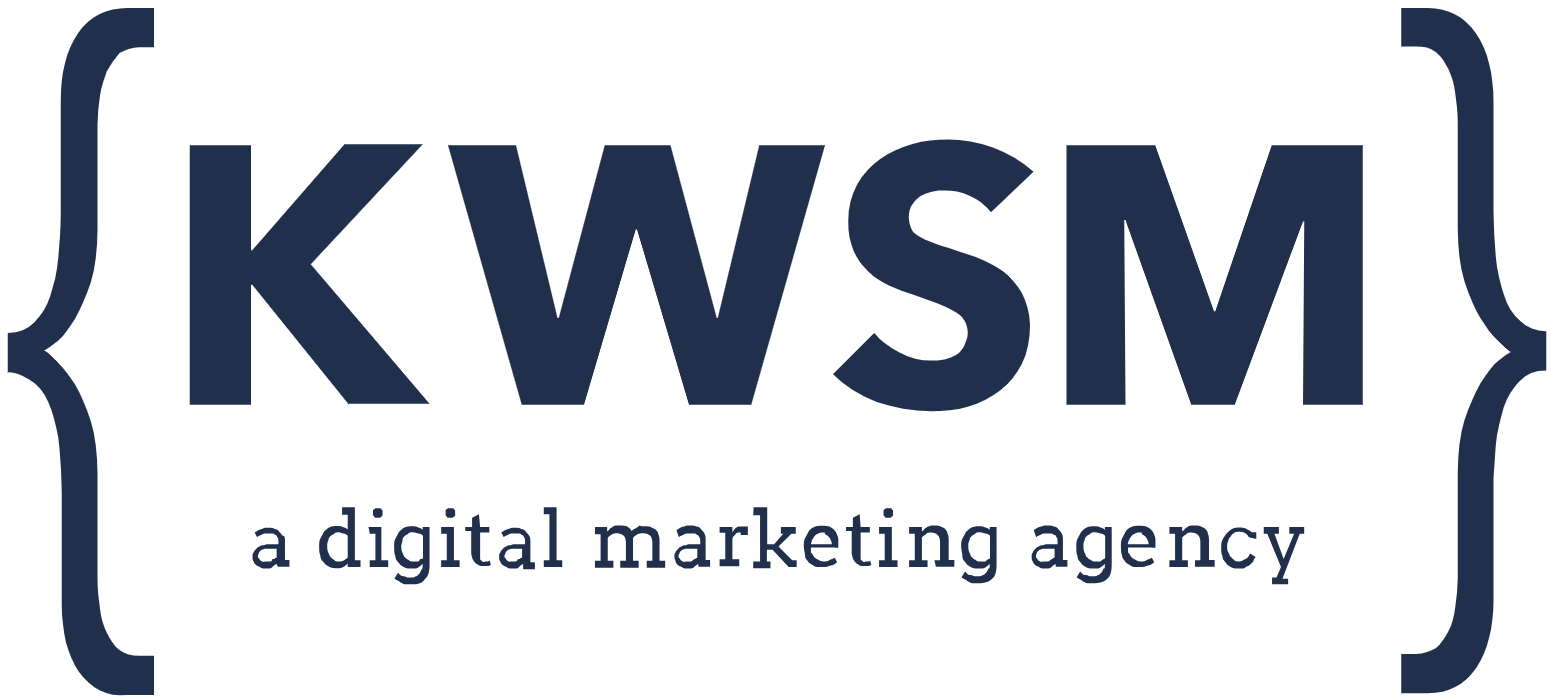
Providing valuable feedback to your team members is necessary for maintaining high levels of performance, engagement, communication, and trust. Having been with KWSM for more than seven years, I’ve come to understand that when you receive feedback on your work. You gain invaluable insights into your strengths and weaknesses, which allows you to discover areas where you excel and others where you may struggle. The purpose of feedback is to increase self-awareness.
What is Constructive Feedback?
Constructive feedback is feedback regarding an individual’s performance that can be used to build (or construct) successful behaviors and skills. The act of giving constructive feedback can be easier said than done. The way that most people give feedback isn’t “brain friendly” and typically falls in one of two categories. Either the feedback is coming off as indirect and soft and the person on the receiving end doesn’t recognize that feedback is being given, or it comes off as being too direct which can result in defensiveness. What you say matters, and how you say it matters, too.
Here are four tips for giving constructive feedback:
1. Ask A Short Simple Question
Ask a question that is short but important as it lets the brain know that feedback is coming. For example, you could say “You did a great job presenting your work to the client. Can I share a few things I noticed?” Not only does this let the person know feedback is about to be given, it creates a moment of buy-in. The person receiving the feedback can respond with a yes or no and in turn maintain a feeling of autonomy.
2. Be Specific
Next, explain specifically what you saw or heard, and remove any words that aren’t objective. People have a tendency to use words that have different meanings to different people. We call these “blur words.” It can feel natural for us to make automatic interpretations when we hear phrases like “be more proactive” or “putting in the effort.” Instead, focus on using specific instances. If we used the phrase “be more proactive” and adjusted it in a more data-focused way it would sound something like: “Before starting a new project, identify at least three items you anticipate being a challenge.”
Specificity can also be important when it comes to positive feedback, as we want to be able to articulate exactly what we want the receiver to do more or less of. Telling someone what specifically makes something they did “great” can motivate them to keep focusing on that area of excellence.
3. Provide An Impact Statement
This is where you name exactly how that data point you’re sharing impacted you. An impact statement could sound something like this: “Because you didn’t send me the information in a timely manner, I wasn’t able to send it to the client within the promised deadline.” Hearing this statement provides a sense of purpose and meaning behind the feedback being given. It also allows the person receiving the feedback to understand how it could impact other team members or even the company as a whole.
“To me, impact statements are one of the most crucial parts of providing feedback, but are often overlooked. When we understand the why behind the constructive criticism it is easier to separate the personal emotions from the outcome. It no longer feels like an attack of character, but instead, helps us understand the ramifications of our actions in the bigger picture.”
Taylor David, Director of Accounts, KWSM
4. End With A Question
Close out your feedback with an open-ended question. For example, you could say, “How do you see it?” or “This is what I’m thinking we should do, but what are your thoughts on it?” This opens the floor to have a dialog about the feedback and create a solution to the problem together. This is a great time to work on your communication skills and be ready to actively listen. You may identify things you hadn’t considered before and gain helpful insights on the topic.
It’s important to note that giving constructive feedback isn’t just for managers. At KWSM we’ve adopted the phrase: “Embrace Your Inner Coach.” We encourage each member on our team to provide open and honest feedback using “radical candor.”
Are You Ready To Join A Forward-Thinking, Fearless, And Close-Knit Digital Marketing Team?
If you want to work with people who are passionate about telling clients’ stories and are excited to be part of a team, we might just be the work-family you’re looking for! Visit our careers page to learn more about joining the KWSM Team.



